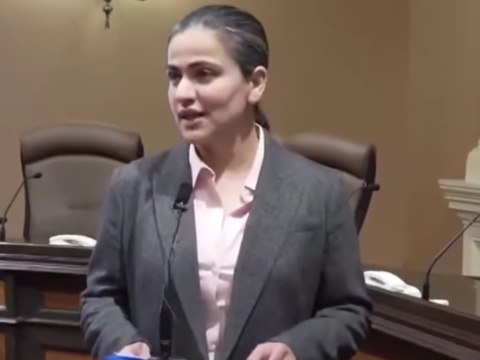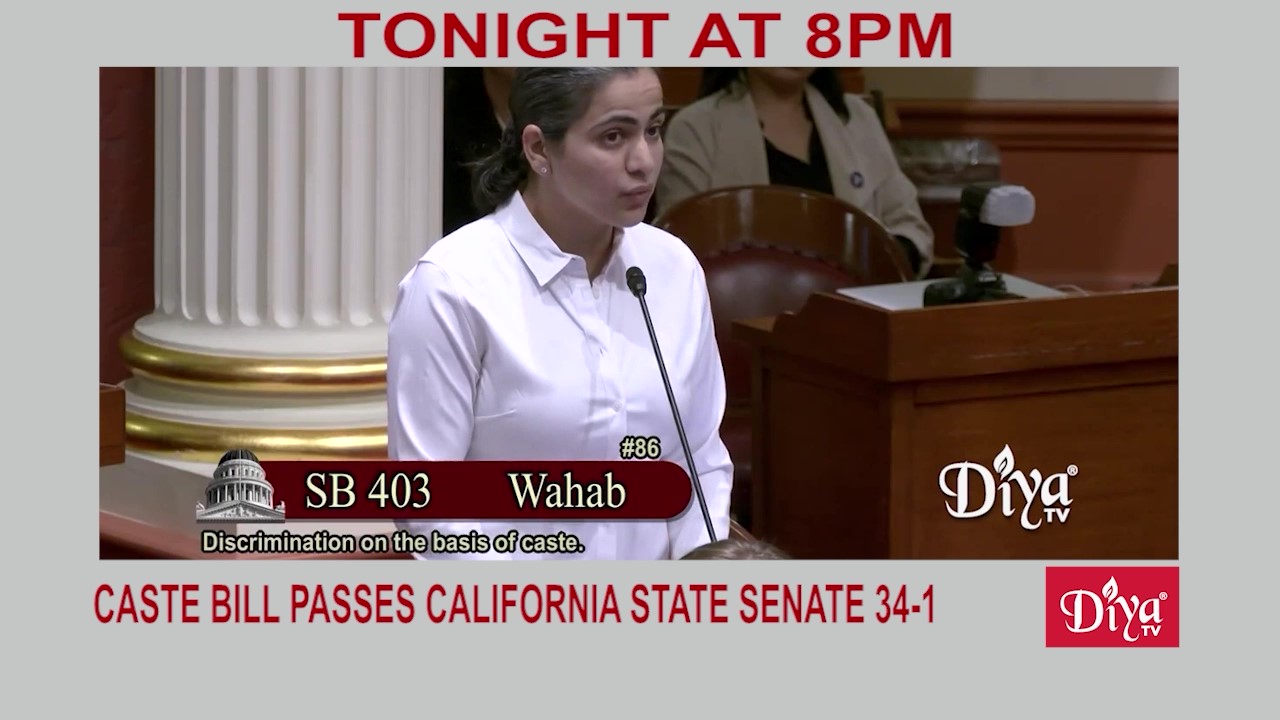SACRAMENTO, Calif. (Diya TV) —
A recall campaign against Bay Area State Senator Aisha Wahab collapsed due to a critical petition flaw that led to thousands of invalid signatures. The campaign needed 42,802 valid signatures by May 23 to qualify for the ballot, according to the California Secretary of State. Despite claims from campaign proponents that they had met this requirement, a missing signature line on the petitions rendered many signatures invalid.
Ritesh Tandon, the principal of the recall campaign and a former candidate for Congressional District 17, stated that this error dealt a fatal blow to the campaign. The missing signature line, which should have been signed by the signature gatherers, invalidated approximately 30,000 of the over 45,000 signatures collected. To rectify this, the Secretary of State’s office required the campaign to locate and obtain signatures from the roughly 10,000 individuals who had collected the signatures, a task Tandon described as nearly impossible.
“We tried to get those signatures, but eventually had to give up between March and April,” Tandon explained. “I feel very sad because this recall was driven by the common people. We were all volunteers, and it was going very well.”
The campaign had alerted the Secretary of State in February about the missing signature line. However, the state denied requests for a deadline extension or a waiver of the signature collector requirement. A spokesperson for the Secretary of State confirmed that proponents were informed on February 20 to have signature collectors sign the petitions, despite the absence of a designated line.
The recall efforts against Senator Wahab, representing District 10 (encompassing parts of Santa Clara and Alameda counties), began in December. Initial opposition stemmed from Senate Bill 403, a pioneering caste discrimination bill that Governor Gavin Newsom vetoed last October. The campaign later expanded to oppose other legislative efforts by Wahab, including SB 460, which sought to prevent landlords from inquiring about prospective tenants’ criminal backgrounds. This bill failed in February.
Wahab expressed her disappointment with the repeated recall attempts, labeling them a waste of time, money, and effort. “It’s a distraction from the legitimate issues we are focused on to help Californians,” she told San José Spotlight. “We all have a job to do, and while they may not be happy with the caste bill, we need to move on.”
A Fremont native and the first Muslim, Afghan American elected to the state legislature, Wahab previously served on the Hayward City Council. Despite the recall setback, Tandon remains undeterred. He plans to spearhead another recall effort, this time with professional assistance to avoid similar pitfalls.
“Wahab does not represent the people,” Tandon asserted. “We will continue to demand her recall. If the people have trusted you, then be a representative for them, not for special interests.”
The recall campaign highlighted the significant challenges and frustrations involved in such political efforts. The Secretary of State’s office maintained that the proponents had been given adequate guidance to address the issue, while Tandon argued the remedy was impractical.



